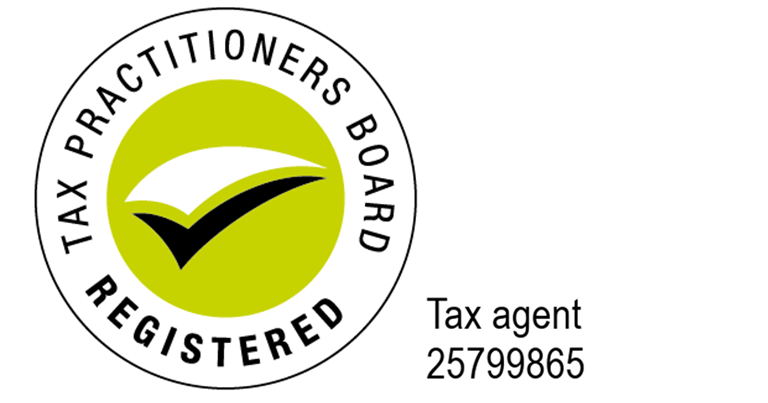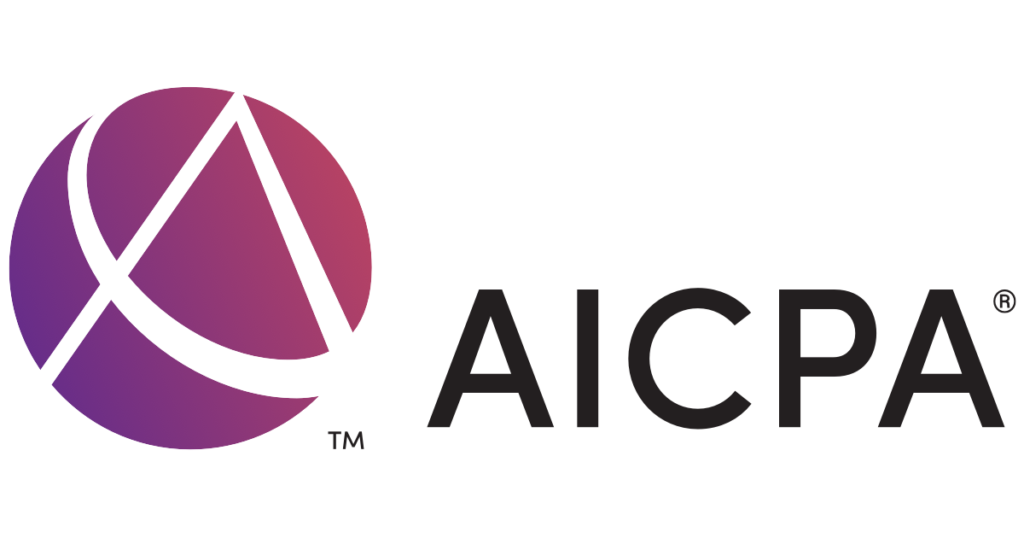
- Berzy Accountants
- Oct 06, 2024
- info@berzy.com.au
As a small business owner, managing your expenses effectively and keeping as much of your hard-earned money as possible is essential for long-term success. One of the best ways to reduce your taxable income and boost your bottom line is by maximizing your tax deductions. In this blog post, we’ll explore key strategies for identifying and claiming deductions that can help your business save money, stay compliant, and grow.
What Are Tax Deductions?
Tax deductions lower your taxable income by reducing the amount of income that is subject to tax. For small businesses, many expenses can be deducted from your taxable income, ultimately decreasing the amount of tax you owe. From office supplies and equipment to travel and advertising costs, deductions cover a wide range of business-related expenses.
To take advantage of tax deductions, it’s crucial to understand which expenses are eligible and how to document them properly.
Key Tax Deductions for Small Businesses
- Home Office Deduction If you run your business from home, you may be eligible for the home office deduction. This deduction allows you to deduct a portion of your rent or mortgage, utilities, and other expenses directly related to maintaining your home office. To qualify, your home office must be used exclusively and regularly for business purposes.
The deduction can be calculated using two methods:
- Simplified Method: A flat rate based on the square footage of your office space.
- Actual Expenses Method: Deduct a percentage of your actual home expenses based on the size of your office relative to your home.
- Office Supplies and Equipment Any items you purchase for your business, such as computers, software, furniture, or office supplies, are deductible. Keep detailed receipts and records of these purchases to ensure they’re categorized correctly. If your business invests in equipment with a longer useful life, such as machinery or vehicles, you may be able to deduct the full cost upfront (under specific rules like the instant asset write-off) or depreciate the value over time.
- Business Travel Expenses If you travel for business, you can deduct expenses such as transportation, lodging, meals, and incidentals. To qualify, the trip must be for business purposes, and you must keep accurate records of your travel itinerary, receipts, and the business activities conducted. Be aware that commuting from home to your office is not deductible, but travel between business locations or to client meetings is.
How to Keep Accurate Records for Deductions
Maximizing your deductions requires keeping thorough and organized records. Here are some tips to help you stay on top of your documentation:
- Use Accounting Software: Programs like Xero, QuickBooks, or MYOB can track your income and expenses automatically, making it easier to categorize deductions.
- Keep Receipts: Store physical or digital copies of receipts for any business-related purchases. The Australian Taxation Office (ATO) may require these receipts to verify your deductions.
- Maintain a Logbook: If claiming vehicle expenses, keep a logbook detailing your business trips, including dates, distances, and purposes.
- Separate Business and Personal Expenses: Use a dedicated business bank account and credit card to separate personal and business expenses. This simplifies your record-keeping and ensures that only business-related expenses are deducted.
Common Mistakes to Avoid When Claiming Deductions
- Mixing Personal and Business Expenses One of the most common errors small business owners make is claiming personal expenses as business deductions. Ensure that all deductions are solely for business-related costs. Mixing personal and business expenses can raise red flags with the ATO and may lead to audits or penalties.
- Not Keeping Proper Documentation Failing to keep receipts or detailed records can lead to lost deductions. The ATO may disallow any deductions you can’t substantiate with proper documentation, so be diligent in storing and organizing your financial records.
- Overlooking Small Deductions Small expenses, such as parking fees, postage, or business meals, may seem insignificant, but they can add up over the course of a year. Be sure to track and claim even minor business-related expenses, as they contribute to reducing your overall tax liability.
When to Consult a Professional
While some business owners manage their taxes independently, others prefer to consult a tax professional to ensure they’re maximizing their deductions and staying compliant. An experienced accountant can help you identify deductions you may not be aware of, provide advice on structuring your finances, and ensure you’re following all relevant tax laws.
Conclusion: Seek Professional Advice
Maximizing tax deductions is essential for reducing your taxable income and improving your business’s financial health. By understanding the deductions available, maintaining accurate records, and avoiding common mistakes, you can keep more of your hard-earned money and reinvest it into your business’s growth. If you’re unsure about the deductions you’re eligible for or need help preparing your tax return, reach out to our accounting firm for expert guidance. Let us help you navigate the tax system and achieve greater financial success.
Berzy Chartered Accountants & Mortgage Brokers are an accounting firm committed to delivering comprehensive financial solutions that empower individuals and businesses to achieve stability and confidence in their financial future




